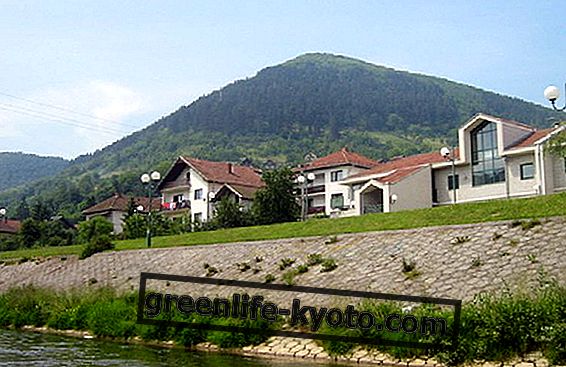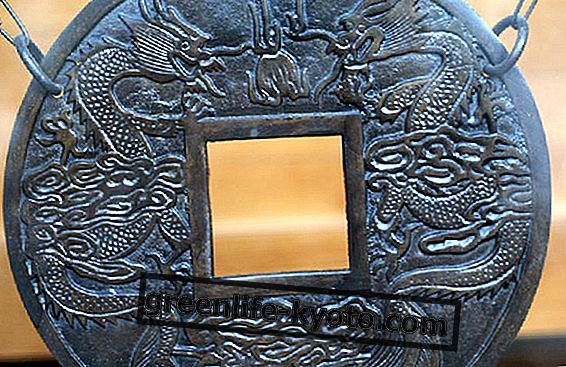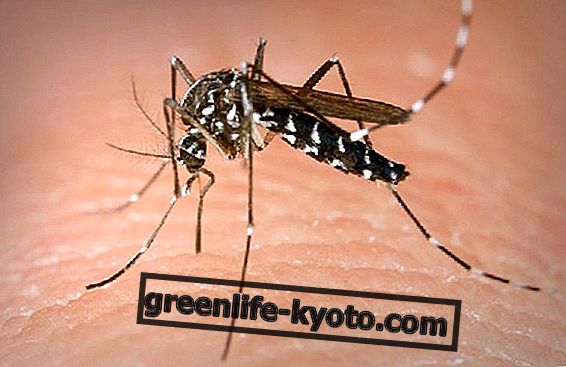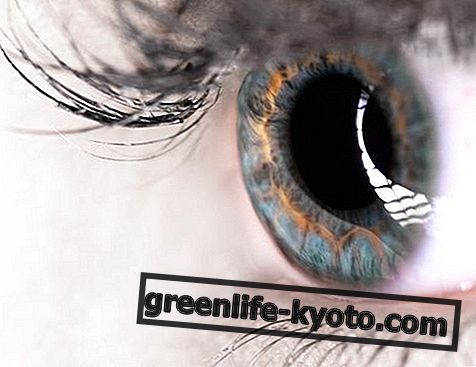
As always, for every delicate situation it is essential to maintain calm and common sense. In general there is never a single specific cause for the development of a tumor, but often these are many concomitant factors.
Surely food plays a fundamental role in this field, especially in some specific types of cancer. But, then, does red meat make tumors?
Let us stick to the scientific results and consider the official position of international organizations on the subject . Considering red meat, there is some evidence regarding its correlation in the increased incidence of some cancers.
We try to understand better why and what we can do.
Red meat and cancer incidence: which link?
No pathology is caused only by the consumption of red meat, as part of a varied diet. However there are data to be reckoned with :
> In October 2015, the International Agency for Research on Cancer (IARC) of Lyon, a member of the World Health Organization, defined red meat as probably carcinogenic (class 2A of the IARC classification) and processed red meat (sausages and cured meats) as definitely carcinogenic (class 1 of the IARC classification). In practice it means that the studies on salami and sausages have given such results as to be able to say with certainty that cured meats can increase the risk of getting sick, while that studies on red meat allow only to say that there is probably an association between their consumption and the risk of cancer pathologies;
> 18-21% of colon cancers and 3% of all cancers are probably related to the consumption of red and sausages;
> An analysis conducted in 2011 by the World Cancer Research Fund estimated that a high consumption of processed red meat increases the individual risk of getting colon cancer by 17% ;
> According to the 2013 EPIC study, premature deaths could be reduced by 3% each year if people consumed no more than 20 grams of processed meat per day;
> In 2011 a study published in the British Journal of Cancer (out of 17, 000 participants) found a higher frequency of colon cancer by 56% and 59% in those who consumed grilled or very cooked meat;
Also read the WHO report on the effects of red meat consumption >>
Now let's take a step back: what is meat made of? Cne is composed mainly of proteins. Both the proteins of meat and those of eggs, fish, cheeses or legumes, are composed of amino acids.
What varies is the type of amino acids that make up the different proteins. In the case of red meat, the potential danger to health derives from the modifications that their proteins undergo during the cooking passages and in the manufacturing processes to obtain the preserved products (salami, sausages, preserved meat) or drying, salting or smoking, and conservation with additives such as nitrates, nitrites and polycyclic aromatic hydrocarbons which in excessive quantities can be dangerous to health .
Foods of animal origin and red meats in particular also contain other substances including saturated fats and Eme iron, which have these effects once they are taken as food:
> Saturated fats in excessive doses stimulate the increase of cholesterol, insulin in the blood and inflammation of the intestinal tract, increasing the risk of diseases including diabetes, cardiovascular diseases and colorectal cancers.
> The heme group is the chemical structure that "captures" the oxygen molecules, essential for cellular life; large quantities are stored in the muscles and the flesh is red. Several studies indicate that the haem group, due to its strong oxidizing power, stimulates the production of potentially carcinogenic substances in the intestine and induces inflammation of the intestinal walls. Prolonged inflammation increases the chances of developing tumors.
We also do not underestimate the implications of cooking . Cooking meat - on the grill or in a pan - has many advantages: high temperatures reduce the risk of contamination by micro-organisms and cause changes in the chemical structure of proteins, increasing their digestibility.
However, in this process, especially on the "scorched" part of the meat substances (such as heterocyclic amines) potentially toxic and carcinogenic are also formed.
It is always better to avoid excessive cooking, remove the black parts and prefer other forms of cooking.
Red meat and cancer incidence: what to do?
In general it will be good to evaluate with your doctor your risk of getting sick, which also depends on several other factors, such as smoking, familiarity and lifestyle. For some it will be appropriate to reduce or eliminate red meat altogether, while for most people it will be enough to reduce their consumption.
Especially people at high individual risk for familiarity or other ongoing illnesses should discuss their nutrition plan together with a nutrition professional, to evaluate the intake of red meat and processed meats.
What are the maximum doses of red meat recommended for healthy consumption?
The official opinions on the exact quantities are slightly different:
> The World Cancer Research Fund recommends no more than 300 grams of red meat per week ;
> The Harvard School of Medicine indicates the limit of consumption of red meat in portions not exceeding 80 grams, at most twice a week;
> The IARC has concluded that consumption of red meat below 500 grams per week does not constitute a health hazard.
It is good in general to limit the consumption of animal proteins to two portions a week of white meat and one of red meat and replace the meat, whenever possible, with eggs, fish, or better still with vegetable protein from legumes. In general, three quarters of what we eat overall should be plant foods.
Lastly, processed meats such as cured meats and very cooked and toasted meats should be strictly limited, preferably completely avoided .












